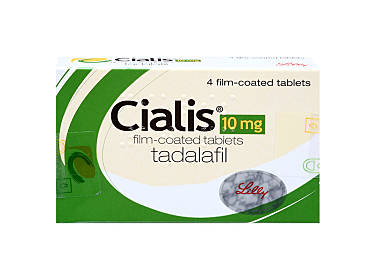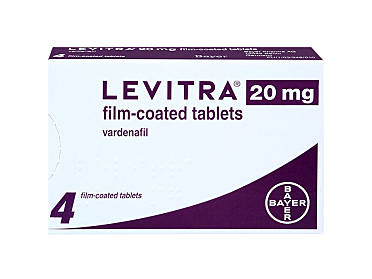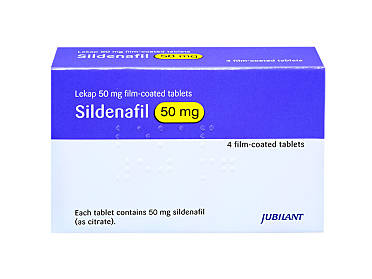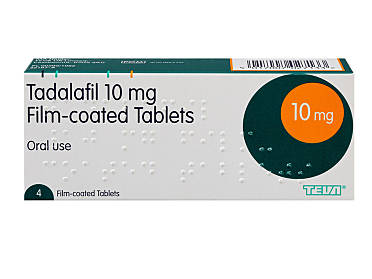Buying Medicines Online
A guide to buying prescription drugs online

How we get medical advice and buy medication is changing at a fast pace. It can be difficult to work out what’s safe and what’s not, especially online.
Here, we show you how to spot a safe medical website, and how to know when you’ve received a spam medical email.
Where to buy medicines online
There are a number of different types of website where you can buy medicines online, including prescription medicines. You should always make sure that any site is safe, legal, and has a good reputation before you use it.
Online pharmacies
Online pharmacies work in a similar way to traditional high-street pharmacies. If you already have a prescription from a GP they can dispense medicine to you by post, or to be picked up. They may also offer pharmacist consultations by telephone or email, as well as over-the-counter medicines without a prescription.
Online doctors
All doctors working in the UK need to be registered with the General Medical Council (GMC). Online doctors have to follow all of the same rules and guidelines as any other GMC-registered doctors, but they consult with patients online or by telephone.
Online doctors offer different types of service. In some places in the UK, you can register with an NHS online doctor. Other online doctors offer consultations that you pay for, either as a subscription or a one-off fee.
ZAVA offers consultations using simple, online questionnaires, with follow-up emails and phone calls with the doctor, if they need a bit more information from you. The consultation, medicine, and the delivery are all included in the costs shown on the site.
Original erectile dysfunction treatments
How to work out what medicine you need
When you feel like something is wrong, it’s very easy to pull out your phone and try to find out the cause using information online.
But trying to work out what might be wrong by yourself is not a good idea.
Different conditions and illnesses can cause many of the same symptoms, so it’s difficult to be sure that your own diagnosis is correct. For example, changes in mood can be caused by depression but they can also be a symptom of other conditions, like the menopause.
Taking medication for the wrong condition may not be safe, or could make your symptoms worse.
The best way to work out what medicine you need is to talk to a doctor, nurse, pharmacist or other healthcare professional. You can do this online with ZAVA, or in person.
How to check a website is safe to buy medicine from
If you decide to buy medicine online, there are a few steps you can take to ensure the website you're using is safe.
Check the company is working legally and following regulations
Care Quality Commission First, look to see if the website mentions the Care Quality Commission (CQC). All healthcare services in England are checked by, and must follow the rules of, the CQC. They make sure that standards of quality and safety are being met. You should check for a CQC logo on a website selling medicines online.
Medicines and Healthcare Products Regulatory Agency Anyone legally selling prescription medication in the UK must hold a licence from the Medicines and Healthcare Products Regulatory Agency (MHRA). The website should have the common logo used across the EU to show which websites are working legally. Clicking on the logo should take you to the register where you can see where the retailer is based and registered. If you’re buying in the UK, you should make sure they’re registered in the UK. You can also check if a website is legally allowed to sell medicine using the MHRA register.
General Pharmaceutical Council (GPhC) or the Royal Pharmaceutical Society (RPS) All legal, online pharmacies must follow the rules of the GPhC or the RPS. The GPhC has a logo system. Look for a rectangular green cross with a unique registered number shown on the website. If a pharmacist is a member of the RPS they may display the RPS logo on their website.
General Medical Council (GMC) All online doctors must be registered with the GMC and work to the Good Medical Practice Guidelines. Look for a 7-digit registration number which should be displayed with each doctor on the website. You can also check this number on the GMC website.
Online doctors who sell medication need to be connected to regulated and trusted pharmacies. These pharmacies must have a physical address which should be clearly displayed on their website. Be sure the website has a registered UK address.
Check that you need a prescription, or will be given one
It’s not legal for a website to sell you prescription medication if you do not already have a prescription, or they are licensed to give you one themselves.
Online pharmacies should always check that you have a prescription before dispensing medicine to you.
Generic erectile dysfunction treatments
Look for a fair returns policy
A fair returns policy is a good way to check a site is operating legally and can be trusted. A fair returns policy should allow you to return any unused and unopened products for a full refund. The company should also write to you and tell you if, for any reason, they can no longer prescribe your medication and issue a full refund.
Check how trustworthy the site seems
- Look for high-quality information on the company’s website about the medications they offer and the conditions they treat. For example, there should be good scientific research to back up any claims the company makes about a specific service or product. Plus, it should be free of spelling and grammar mistakes
- Make sure the company has someone available to talk to if you need to. Trustworthy websites will show a contact phone number or a messaging system, where doctors or pharmacists can answer any questions you may have
- If the prices are much lower than competitors this might mean that the company is not practising properly
- Look for a privacy statement, shipping costs, and payment options. Some companies are looking to build their database of contact information, so they may use illegal methods to get money from you, or find out your personal information
- The site should also have secure systems that encrypt information (turn it into code) to make sure payments are safe. You can check this by looking at the website address in the browser. It should start with https:// and not just http://. The ‘s’ shows the page is secure
How to spot spam emails selling medicines
Spam emails are messages that are sent out to many people from unknown sources to collect personal information, or to sell products. These emails may contain software that can damage your computer.
You should only receive emails from companies that you have given permission to contact you.
Ways to spot spam emails:
- Look at the subject line: spam emails might mention cure-all medications or talk directly about conditions like erectile dysfunction
- The address of the email sender might be unusual. If the email address has random characters or numbers in it, or you don’t recognise the organisation, it could be spam
- Look for spelling mistakes that seem to have been made on purpose. This is used to allow the email to pass through spam filters
- Many spam emails have a sexual subject and some use offensive language
Sources
- European Medicines Agency. (2019). Buying Medicines Online. [online]. Available at: https://www.ema.europa.eu/en/human-regulatory/overview/public-health-threats/falsified-medicines/buying-medicines-online [accessed 2nd July 2019].
- NHS. (2018). Dangers of Buying Medicines Online. [online]. Available at: https://www.nhs.uk/nhs-services/prescriptions-and-pharmacies/pharmacies/dangers-of-buying-medicines-online [accessed 1st July 2019].
- Pillay, S. (2010). The Dangers of Self Diagnosis. [online]. Available at: https://www.psychologytoday.com/gb/blog/debunking-myths-the-mind/201005/the-dangers-self-diagnosis [accessed 2nd July 2019].
- World Health Organisation. (2001). WHO Drug Information.













